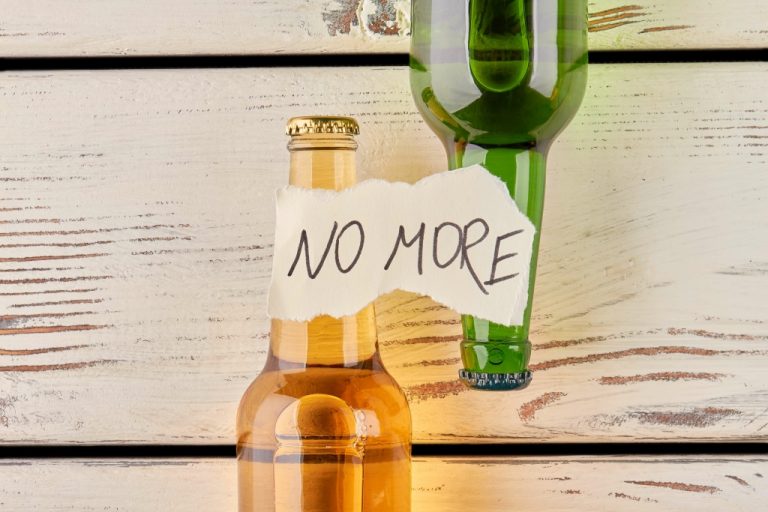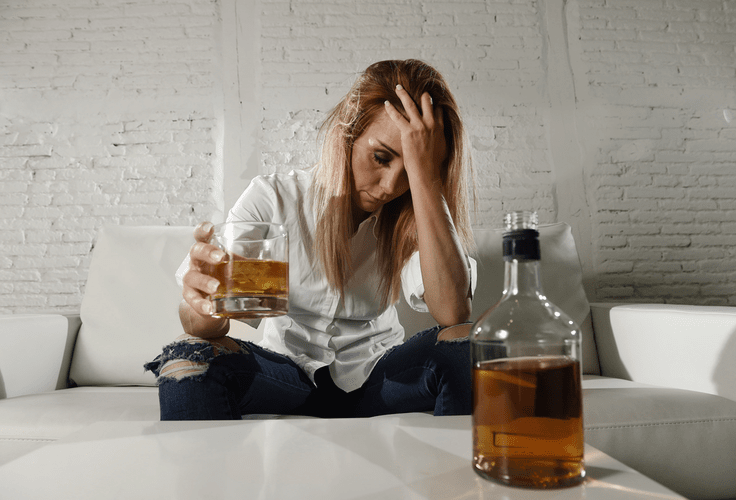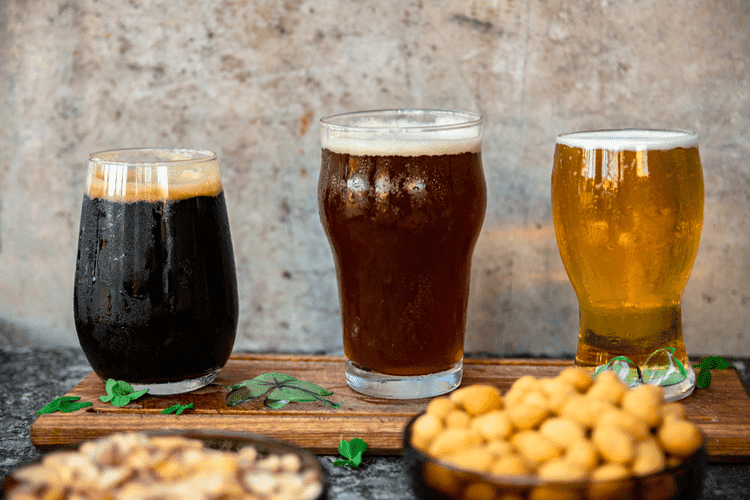Sober living homes also provide the benefit of a structured lifestyle while creating an environment for sober friendships and companionships to thrive. Studies confirm that the absence of a stable, alcohol and drug free living environment is a monumental obstacle to maintained sobriety for even the most motivated individuals (see the latest study here). Sober living guests https://bioskopis.com/alcohol-withdrawal-causes-symptoms-timeline-and-2/ in Brockton are welcomed into a supportive and comfortable environment designed to foster recovery and personal growth. Each guest enjoys the privacy of well-appointed living spaces, while also having access to spacious and inviting common areas that encourage connection and camaraderie.
Learn about Tharros- Mens Recovery Home
Living in one of our sober houses aids the sometimes difficult transition of reentering the community as a newly sober person. Join our sober living community or refer a client, family member, or friend. Brockton’s care providers are educated and empathetic towards people in recovery. We strive to create a mutual respect and accountability culture where residents can feel comfortable and secure in their journey toward lasting recovery. Through community involvement, holistic wellness practices, and evidence-based therapies, we aim to help our residents build the foundation for a fulfilling and sustainable life in recovery.
» MASH Team
The woman who runs it has stolen from residents including myself ( I have filed a police report) and also many residents believe is using drugs herself. Because she is a narcissist and classic addict, she talks a great game but please beware, because by entering that house you expose yourself and loved ones to mental abuse and endanger your sobriety. There are better places and just because the facility is clean, does not mean the woman who manages it is. At Teras, clients work with their on-site case manager and our vocational coach to develop a recovery fellowship and engage work. Clients of https://ecosober.com/ Teras may also be involved in outpatient treatment while they develop a foundation in their recovery work, and apply to work positions. After 30 days, clients are expected to be employed while they continue progress in their recovery work.
- If you’re looking for treatment, please browse the site to reach out to treatment centers directly.
- With locations around the Boston area Sober Surroundings homes are ideal for anyone looking to maintain their sobriety by living in the safe, comfortable environment of a sober house.
- It is also beneficial to have security cameras in common areas and in entrances and exits.
- Public transportation options, including bus routes and commuter rail services, provide convenient access to employment, educational, and recovery resources.
Weekly rate: $185
VSL to support and equip operators to strengthen their local communities through effective sober housing. If you are looking for a sober living home in the Boston Area of Massachusetts, the Tharros House is a stand-out facility that can help you maintain your sobriety and grow as a person in the process. The Tharros House combines a sober living community with aftercare in order to assist their clients in acquiring new skills to meet life’s challenges. For some people in recovery, a sober living home can make the difference between staying sober and relapsing back Halfway house into their addiction. Additionally, the city of Brockton offers a wealth of resources to support the recovery journey.
Narcotics Anonymous Meetings
Your vision of opening your own sober house Sober Houses in Boston is within reach—let’s make it real. Our East Boston house is a comfy three family home with three individual apartments all living together as one sober family. Teras, our flexible structure home, offers a lower cost model for those ready to return to work, and who have their own transportation.
Director of Teras Sober Living
- The benefits of sober living extend from interpersonal relationships to less risk of relapse.
- When you begin your search, there are some things to keep in mind that are considered red flags.
She will receive help and support from those knowledgeable about addiction and recovery. Our team will guide you in developing healthy habits, setting goals, and addressing any challenges that may arise during the recovery process. Boston Sober Homes is a M.A.S.H certified sober housing company for those who are serious about their recovery and sobriety. Our mission is to provide clean, comfortable accommodations in a positive environment for those looking to live a sober lifestyle. Our homes and their atmospheres are nurtured by the guests they provide for.




